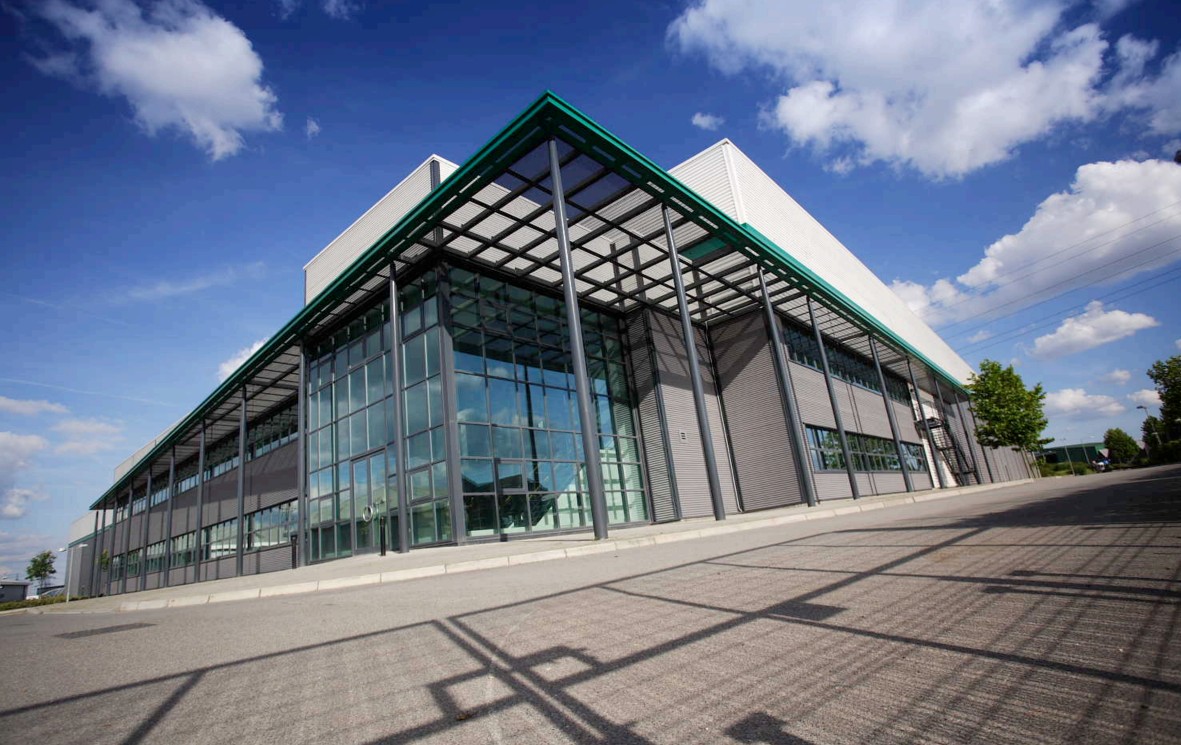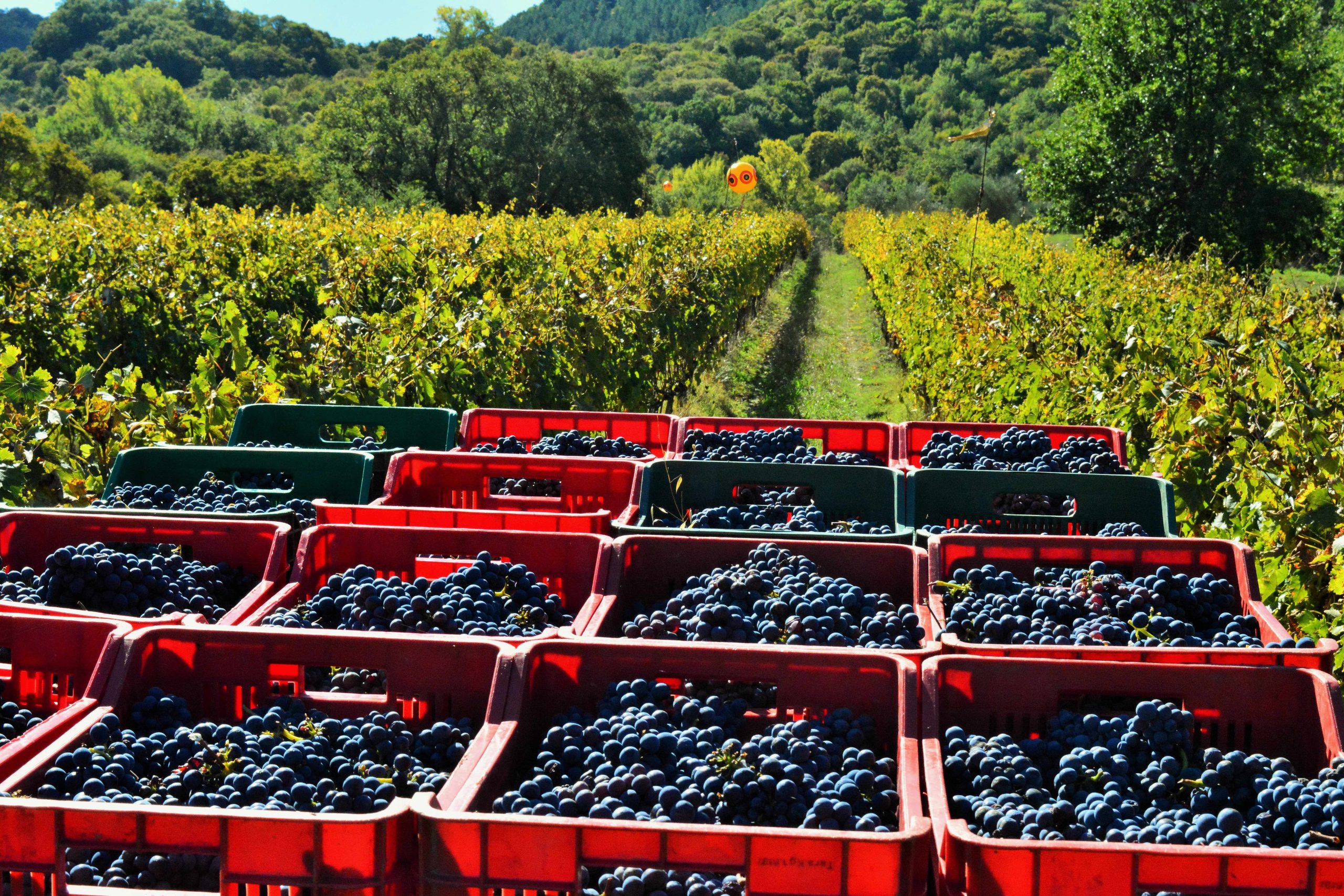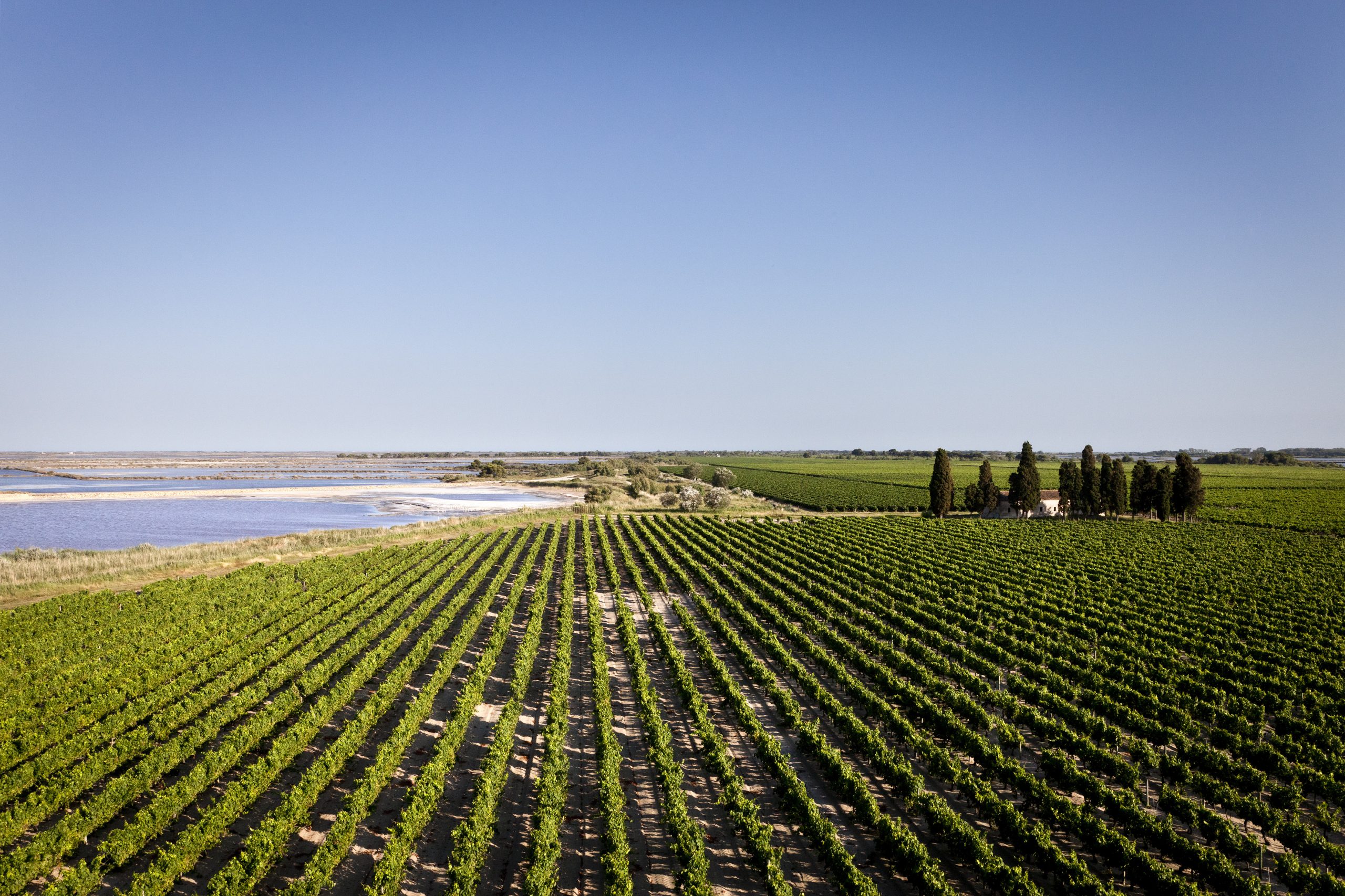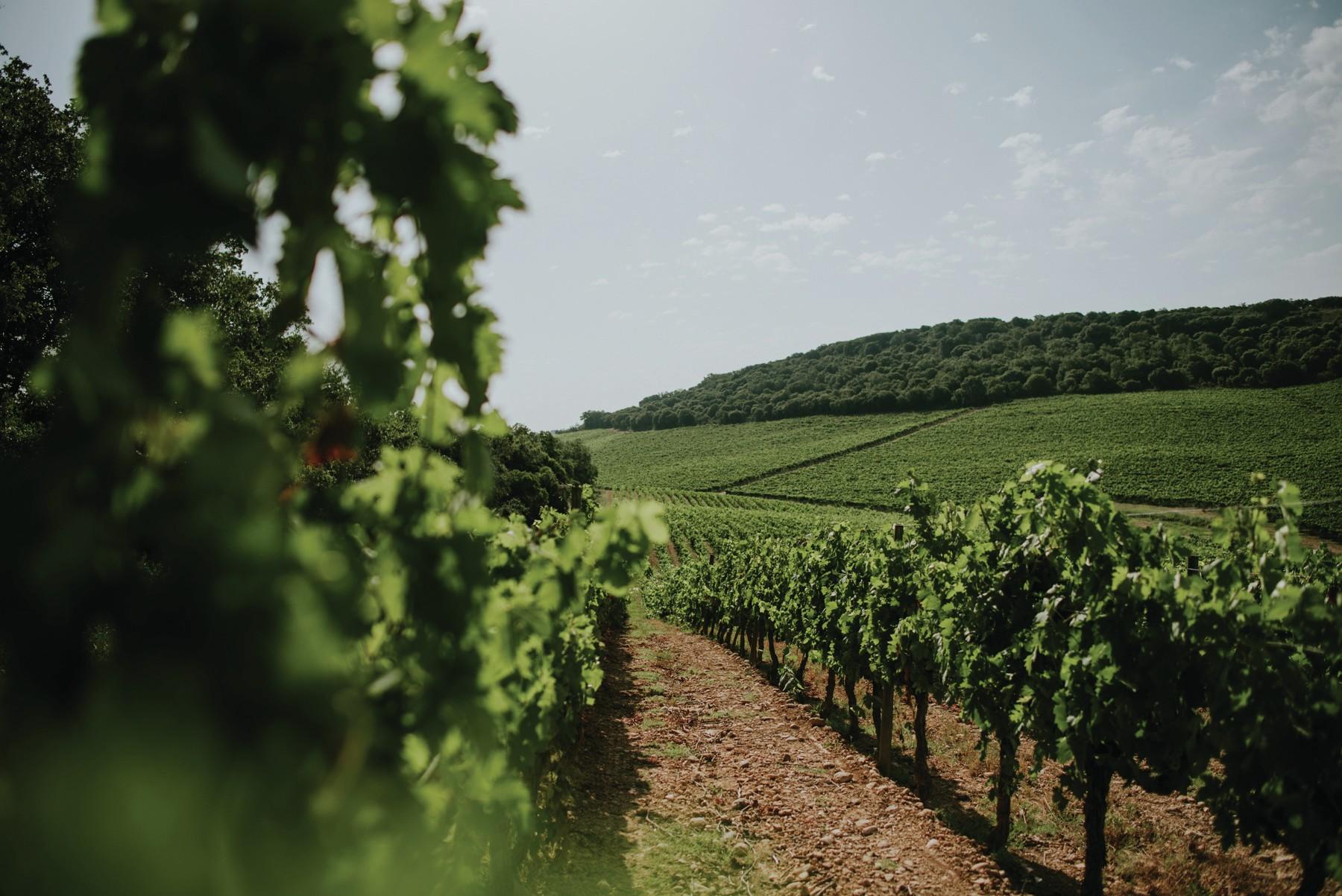Hogs Back Brewery to grow 25% of hops in own garden
Hogs Back Brewery in Surrey is well on its way towards growing 25% of the hops it uses in its own garden, despite the best efforts of a ‘gender-swapping hop’ spotted in its garden earlier this year.
Hogs Back Brewery planted its 3.5 acre hop garden, adjacent to its brewery in Tongham, near Farnham in Surrey, back in 2014. It now contains four varieties: Fuggle (used in the brewery’s flagship beer, Tea), English Cascade (used in Hogstar English Craft Lager), Farnham White Bine (a historic variety now used in Hogs Back’s Farnham White) and Pioneer (a hedgerow variety grown for the first time this year and included in Home Harvest Ale).
Speaking at ‘Hop Tales and Hop Tails’ at the Dispensary in Aldgate on Thursday, an event to celebrate of the brewery’s third hop harvest, Hogs Back managing director Rupert Thompson said: “We planted our hop garden next to the brewery in 2014 as part of our commitment to local sourcing, reducing food miles, sustainable brewing and taking greater control of the ingredients in our beers.”
“The hike in hop prices, firstly because of the shortage of US varieties, and then the post-Brexit referendum fall in sterling, have subsequently delivered another benefit, as growing our own hops gives a level of control over one of key ingredients”.
UK imports of Cascade grown in the US, for example, have grown in price by around 60% over the past year, according to The Grocer.
Thompson did, however, refer to the hop growing project as “a hell of a learning curve”. As an example, when the brewery initially planted the original three varieties – Fuggle, Cascade and Farnham White Bine – they actually discovered that they had planted a fourth variety, Pioneer, as well.
Thompson added, “We thought we were just adding Fuggle but then, when the bines didn’t climb as high as we were expecting, we discovered it was actually another variety”.
Hogs Back is passionate about reviving hop growing in the area, and, as well as working towards growing 25% of the hops it uses in its own gardens, it also aims to source 70% of its hops within walking distance of Tongham.
Thompson continued: “Farnham was a small but important area for hop growing, and as a result, it could command a 30% premium in price. If hops were grown in the vicinity of Farnham, growers used a bell symbol on their sacks. This symbol preceded registered trademarks in the UK and meant that Farnham hops could command higher prices”.
To provide a comparison, in 1810 at The Hop Exchange in Southwark, Farnham hops could expect to achieve between £9 and £10 per 240Ib of dried hops, compared with between £7 and £9 for Kentish hops.
This interest in reviving local hop growing and commitment to sustainable brewing is reflected in the brewery’s decision to grow Farnham White Bine, which it first harvested in 2015 on the 250th anniversary of the hop variety’s cultivation.
The variety was developed by hop farmer Peckham Williams of Badshot Lea, near Farnham, in 1765. A forerunner of the widely used Goldings variety, Farnham White Bine had spent almost a century out of commercial cultivation until Hogs Back brought it back to the county. The last White Bine plants were grubbed up in Farnham in 1929, but its decedents continued to be produced in both Kent and Worcestershire.
Partner Content
Thompson told the drinks business that they now have 900 Farnham White plants, however this year’s yield is expected to be lower than usual as the hops were picked “too late”.
Commercial hop farming itself ceased in Farnham in around 1975. Hogs Back was founded in 1992 and last year achieved volume growth of 22% with its stockists including Mitchells & Butlers, Waitrose, Sainsbury and Majestic Wine.
The ‘gender swap hop’
In August this year, a gender-swapping hop caused a stir at the brewery after the Farnwhite White Bine plant in question switched from female to male. The ‘gender swap hop’ was spotted by hop garden and estate manager Matthew King on a routine check of the plants.
Speaking to the drinks business on Thursday, King added, “I couldn’t believe it. Since finding the male hop I have found other male plants in the garden”.
Experts told the brewery that spontaneous sex change has precedent, but it is unusual. Once it has happened, however, it is more likely that other plants in the garden will follow suit.
Thompson added: “The sex change may have been caused by the very hot weather earlier in the summer.”
“We fully respect the rights of our hop plants to make their own lifestyle choices, but we’re hoping that not too many follow the lead of our ‘gender swap hop’. Matthew has also found a wild male hop that has seeded itself between two of our female plants and is now entwining his tendrils around both of them.”
“We’re trying to establish what variety it is, but for now we can only hope that his intentions are honourable!”
Brewers only cultivate female plants as they bear the flowers used in brewing. Generally, there is about one male hop plant to every 1,000 females.




